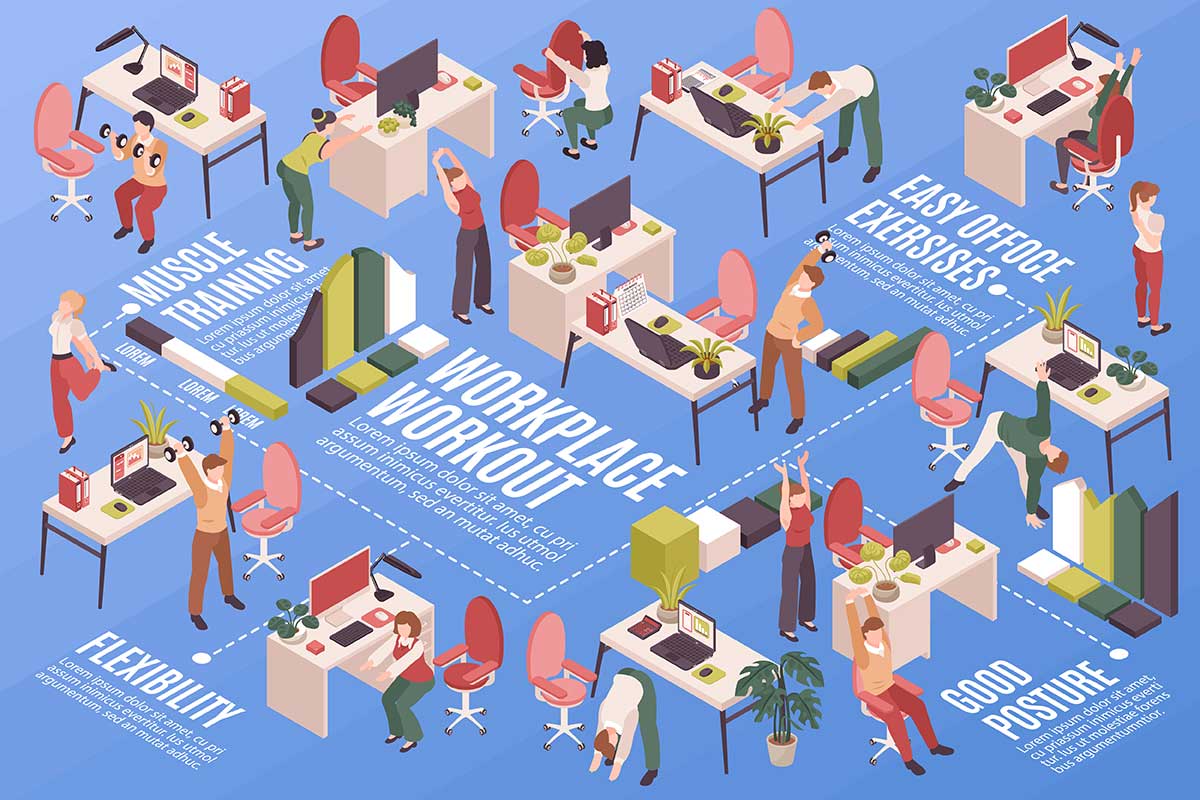
Written by:
Colton Schlotman
Digital Communications Specialist
schlotman@agma.org
We’ve covered two subjects in this series already: training and compensation. Now it’s time to cover the final one: flexibility and job security. Strap in, ‘cause this one is going to be a bit longer.
Many jobs, like manufacturing and skilled trades, tend to be inflexible by their nature. They require a specific output of goods to be produced by a specified date. Similarly, you can’t fix someone’s plumbing, rewire an office building, or install an elevator from your desk at home. However, this doesn’t mean that employers can’t give employees some measure of flexibility.
The newer generations (Millennials and Gen-Z) that manufacturing is having so much trouble recruiting value flexibility and work-life balance. In fact, they value it so much, that a staggering 80% of surveyed respondents said that they would be more loyal to employers if they had more flexible work options. In the same survey, 52% of respondents said they tried to negotiate flexible work options and 25% of respondents said they would take a 10-20% pay cut in exchange for more flexibility. 75% of people in the survey said they wanted more flexibility for a better work-life balance. This is one of the reasons why huge tech companies like Microsoft and other countries like Iceland, Spain, and New Zealand have been switching to a four-day work week, not to mention the boost in employee productivity. But I digress; the 4-day work week is a topic for another blog.
Flexibility builds employee trust, which improves the perceived sense of job security. If an employee can take a day off at a moment’s notice for an unexpected event or design a work schedule that’s better adapted to their personal life, and they aren’t punished for it by their employer, said employee will recognize that flexibility as something that many employers would not do. I cannot overstate how important flexibility is and how much it improves an employee sense of job security, no matter their age. No one wants to feel like they’re going to be fired for calling in sick when they have the flu.
I’d like to share an anecdote here, using my father as an example to illustrate this point. He’s been a millwright for 20-odd years, a bit over half of his working life. For many of those years, he worked 12 to 14-hour days, seven days a week, commuting between two to four hours each day. The only times he had days off were when he threw out his back and couldn’t move. There was zero work-life balance. In a recession like we had in 2008 and years following it, though, you took the work you could get. And when the contractors said jump, you jumped, or you wouldn’t get called in for other jobs. If this sounds like it isn’t sustainable, you would be correct. But with a house payment and family, he had no choice. In other words, his job provided him with no security or flexibility. My dad hated those years. He still does.
Around two and a half years ago, however, he was contracted by a facility that had him working four 12-hours shifts, followed by four days off. “4 on, 4 off,” as he calls it. Despite making $30,000 less each year, it was by far the happiest my father had been as a millwright. His contracted employers also listened to his complaints and acted on them where they could. The workers there were allowed to switch shifts with each other whenever they needed to, which made taking a day off and making up it later very easy.
For the first time in almost 20 years, my father made friends at work. When he talked about his job, it wasn’t all vitriol and anger. His new schedule let him relax a few days each week and still gave him time to do yardwork, house maintenance, and the like. His job gave him both security and (relative to his situation) flexibility. When the contract for the facility wasn’t renewed and the facility was decommissioned, my dad, now in his sixties, talked a lot about how he wished he could’ve worked there until he retired. When he was searching for new work, he told me that he refused any jobs that didn’t give him the scheduling and days off he wanted, usually followed by him wondering aloud why he put up with his old scheduling and employer inflexibility for so long.
Food for thought.